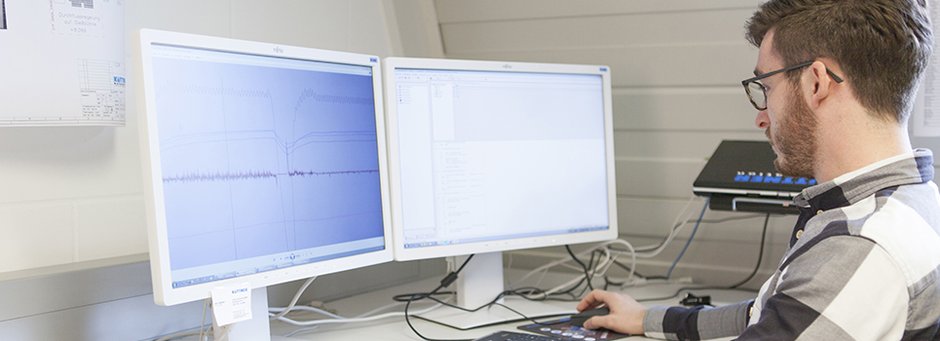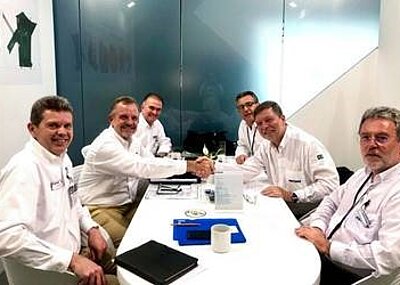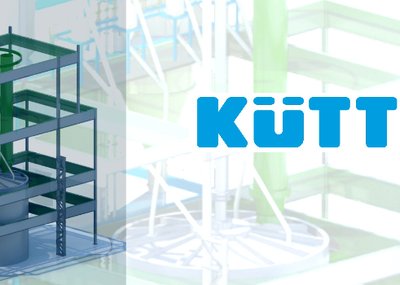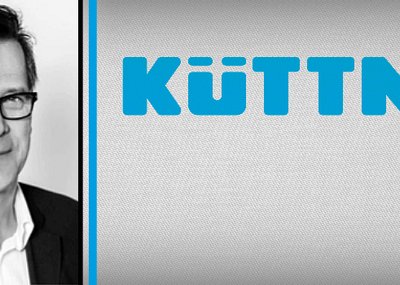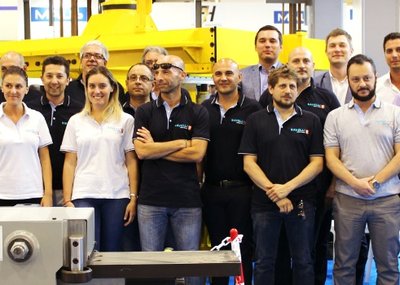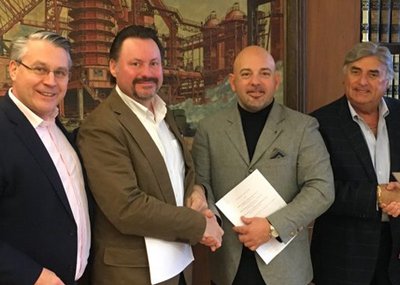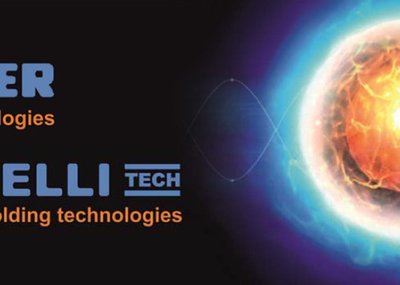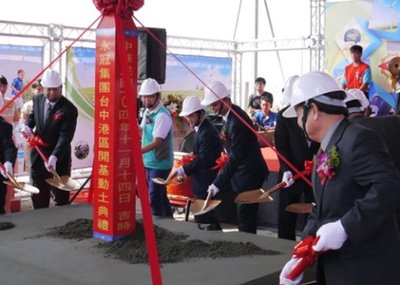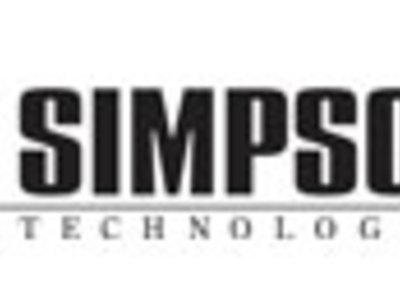Plant modernization in the foundry industry
Commissioning times for automation systems are cut by up to 75 percent.
“Virtual commissioning” provides the possibility of testing and verifying the perfect functioning of automation systems and optimizing controls and process steps before the “real” commissioning takes place in the foundry. Various successfully accomplished projects at the Gienanth iron foundry in Eisenberg, Germany, have demonstrated that commissioning times can be markedly reduced by simulating the equipment and functions beforehand - in a “digital factory”.
In modernization or rebuilding projects, every single day counts. Once a plant has been taken out of operation for a rebuilding measure, everything possible is done to bring it back on stream as fast and smoothly as possible. One is frequently presented with the situation that the time left for commissioning the electrical equipment is only very short due to unforeseeable delays occurring during the installation of the mechanical equipment. Against this backdrop, the success of a revamping project largely depends on how quickly and reliably the hardware and control software can be tested and optimized.
The “digital factory”
In numerous projects, Küttner Automation - the company within the Küttner group specialized in automation systems - has made it possible to reduce commissioning times and accelerate ramp-ups by applying the approach of “virtual commissioning”.
The process is based on the creation of a testing environment in which all mechanical, hydraulic, pneumatic and electrical components of the control systems are connected into a “digital factory”. This simulation scenario allows processes to be optimized and faults in the functional sequence to be identified and corrected beforehand, i.e. prior to the installation on site. The result: all automation sequences have been tested and approved before the new plant goes live.
The control equipment is commissioned in a virtual environment at a very early stage of the project – in parallel with the manufacture and assembly of the machinery. This means no testing and fine-tuning of the control software under time pressure as is very often the case when these activities take place during the “real” commissioning. Therefore the commissioning activities on site can concentrate on the signal and field level. Moreover, the virtual approach often results in a shorter ramp-up phase, as there will be fewer failures and plant standstills.
Friedhelm Bösche, Head of Software Development at Küttner Automation in Trier, always offers virtual commissioning as an option for modernization projects. “Simulating the preliminary commissioning involves some effort in the beginning. But this pays off later on in the form of major time savings. We know from a great number of projects that the time needed to commission the real systems can be cut by up to 75 percent when the software has been pre-tested in a virtual commissioning scenario.”
A recent example
Küttner has recently revamped various facilities at the Gienanth foundry in Eisenberg, Germany, among others a sand preparation plant. For this project, Küttner Automation supplied the automation systems, including pre-testing in a virtual commissioning environment.
Roland Walter, Project Manager at Gienanth, summarizes the project: “We met all deadlines, although we only had two weeks’ time for the commissioning. The virtual commissioning had made us confident at a very early stage of the project that the processes would run as desired. Our production staff were given the opportunity to give their input and test the sequences beforehand. This has greatly contributed to a fast commissioning process.”
Partner
Foundry Corporate News
Topic Plant Technology, Equipment
Küttner Automation: Virtual commissioning in the “digital factory” shortens the commissioning phase and speeds up the ramp-up
Reading time: min
[6]

